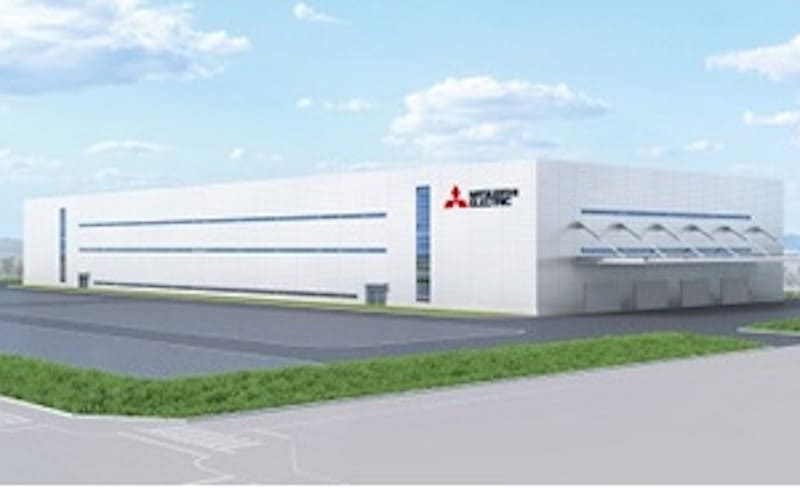Mitsubishi Electric Corporation announced that it has acquired 42,000 square meters of land in Owariasahi City, Aichi Prefecture, Japan to establish a new production site for the manufacture of factory automation (FA) control system products from April 2025.
Demand from the manufacturing industry for FA products is expected to show a medium- to long-term growth, particularly in digital sectors, such as semiconductors, electronic components and data centers, as well as for decarbonization-related areas such as lithium-ion batteries. To meet this increasing demand, Mitsubishi Electric will invest approximately 13 billion yen (approx. 110 million USD) to establish a new production site in Owariashi City, which neighbors Nagoya, where the company’s main FA production site, Nagoya Works, is located.
The new factory will utilize several advanced technologies, such as 5G communication, allowing simultaneous connection of various machines, human workers and automatic guided vehicles (AGVs) as they perform their manufacturing tasks. In parallel, high-speed, real-time data acquisition throughout the factory will provide data sets on all aspects of the production cycle for AI-based analysis to realize a safe and flexible production environment.
Additionally, the factory, which will be a three-floor, earthquake-resistant building with a total floor area of 33,600 square meters, will incorporate Mitsubishi Electric’s digital manufacturing solution “e-F@ctory”. This advanced digital approach strongly impacts both the supply chain management (SCM) and engineering chain management (ECM) systems. For example, it combines information technology (IT) and operational technology (OT) with acquired know-how to achieve an integrated FA environment that reduces the total cost throughout the production process from design, manufacturing and maintenance. It also helps accelerate the improvement cycle for productivity and quality, bringing benefits which many manufacturers strive for, like shorter delivery times and higher production quality and efficiency, as well as being able to react flexibly to fluctuations in demand. Furthermore, the new factory will expand the use of automated production processes, including fully utilizing AGVs for increased efficiency in logistics, and digital twin technologies for synchronized digital and real-world production.
The factory is expected to achieve carbon neutrality by implementing a range of CO2 reduction activities that include an “e-F@ctory” based energy monitoring system, and the use of LED lighting, photovoltaic systems and biotopes.

